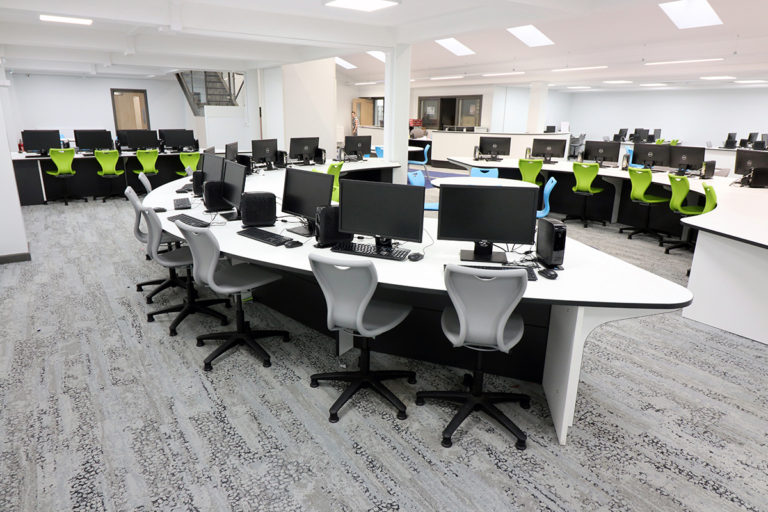Published BBC News
Schools in England will not be able to reopen to all pupils after the February half-term, but could do so from 8 March, the prime minister has said.
Boris Johnson said this was the earliest schools could reopen and “depends on lots of things going right”.
The BBC has been told the aim is for all schools and year groups in England to return at the same time.
Their return would mark the first stage in lifting the lockdown, the PM said.
“The date of 8 March is the earliest that we think it is sensible to set for schools to go back and obviously we hope that all schools will go back. I’m hopeful, but that’s the earliest that we can do it and it depends on lots of things going right, and… it also depends on us all now continuing to work together to drive down the incidence of the disease through the basic methods we’ve used throughout this pandemic,” he added.
Boris Johnson
There was not enough data yet to decide when to end the lockdown, he said, but intended to set out a plan for how it could be eased – and the criteria involved – in the final week of February
BBC political editor Laura Kuenssberg described the 8 March date as “very much a hope and certainly not a guarantee”.
He revealed a plan for the “gradual and phased” lifting of the lockdown in England could come in the week beginning 22 February.
Other restrictions on daily life could be eased after schools reopen, but he explained this would depend on hitting vaccination targets, the capacity of the NHS, and deaths falling.
An earlier plan for mass testing for pupils and staff remains in place, the BBC has been told.
England’s schools have been closed to all but vulnerable children and those of key workers since the Christmas break.
In Scotland, it is hoped schools may begin a phased return in the middle of February.
In Wales, measures including school and college closures will be reviewed on Friday. In Northern Ireland, a review will take place on Thursday.
Catch-up plan
The prime minister said he understood frustration among pupils and teachers “and for parents and for carers who spent so many months juggling their day jobs, not only with home schooling but meeting the myriad other demands of their children from breakfast until bedtime”.
The government initially planned to review England’s lockdown measures – including school closures – on 15 February, which had raised hopes that pupils could return to classes after half term.
Acknowledging the impact of continued school closures, Mr Johnson pledged to “work with parents, teachers and schools to develop a long-term plan to make sure that pupils have the chance to make up their learning” before 2024.
He said £300m “of new money to schools” would fund a catch-up programme over the coming year, with financial incentives for providers to educate pupils who have missed lessons due to the pandemic.
Teachers’ and head teachers’ unions said they supported reopening schools but added that it must be safe and not rushed.
Paul Whiteman, general secretary of school leaders’ union NAHT, said the government needs to work with head teachers to review safety measures and create a “workable plan” for schools to reopen fully.
“The government will also have to put effort into reassuring families that it is safe to send their children back to school – there is a confidence test the government must pass to make the return a success,” he said.



